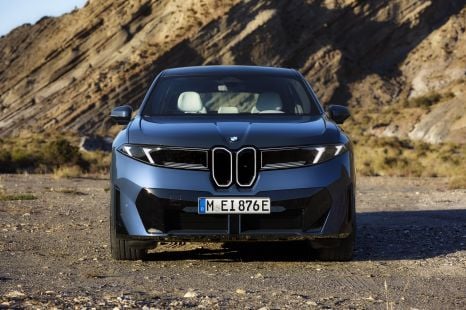

William Stopford
The CarExpert team's favourite reveals from the Munich motor show
12 Hours Ago
Supercar makers may be given more lenient rules regarding the EU's proposed petrol, diesel and hybrid new car ban from 2035.

Journalist


Journalist
Supercars with V12 and V8 engines could live on a little longer than expected, if Italy’s negotiations with the EU bear fruit.
In an interview with Bloomberg, Roberto Cingolani, Italy’s minister for ecological transition, said “in the gigantic cars market there is a niche, and there are ongoing discussions with the EU Commission” regarding how the bloc’s proposed rules for eliminating automotive CO2 output would apply to high-end, low-volume car makers.
Earlier this year, the EU Commission proposed new rules which would set the CO2 limit at zero for new cars from 2035, effectively banning the sale of new petrol, diesel and hybrid vehicles
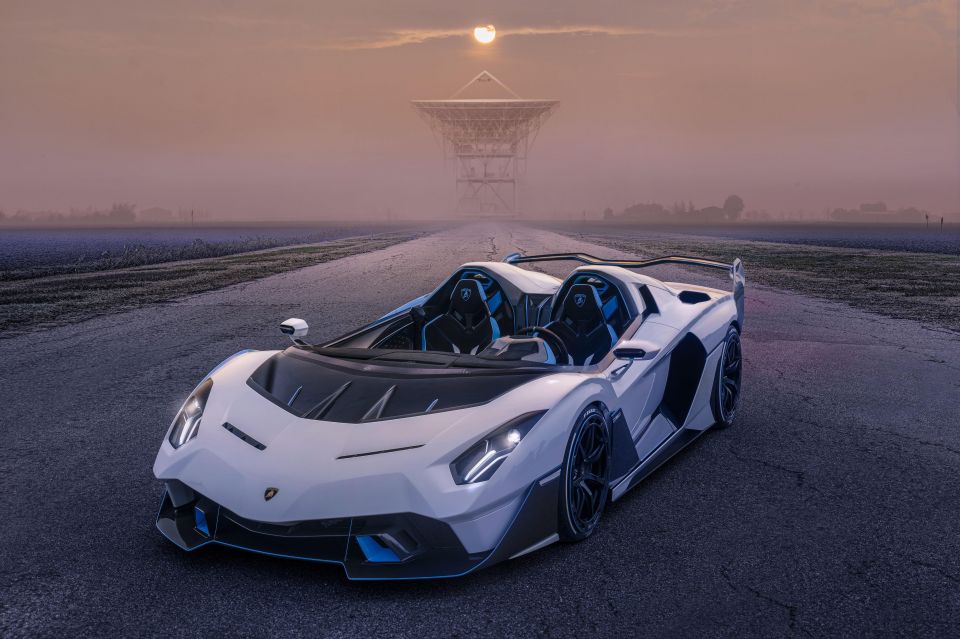
Cingolani — a former non-executive director with Ferrari — said supercar makers needed batteries and “very special technologies” to make this transition, and that the country as a whole needs to be “autonomous in producing high performance batteries”.
Italy will assist its automotive industry by helping to fund “a very large scale production facility for batteries”.
As all automakers are discovering, moving to an all-electric future is a costly business requiring redeveloped or new factories, plenty of R&D, and rejigged model plans.
While higher volume players are able to lean on economies of scale to make the move more manageable, smaller players don’t have this luxury and may struggle redefining their brands away from their iconic petrol engines.
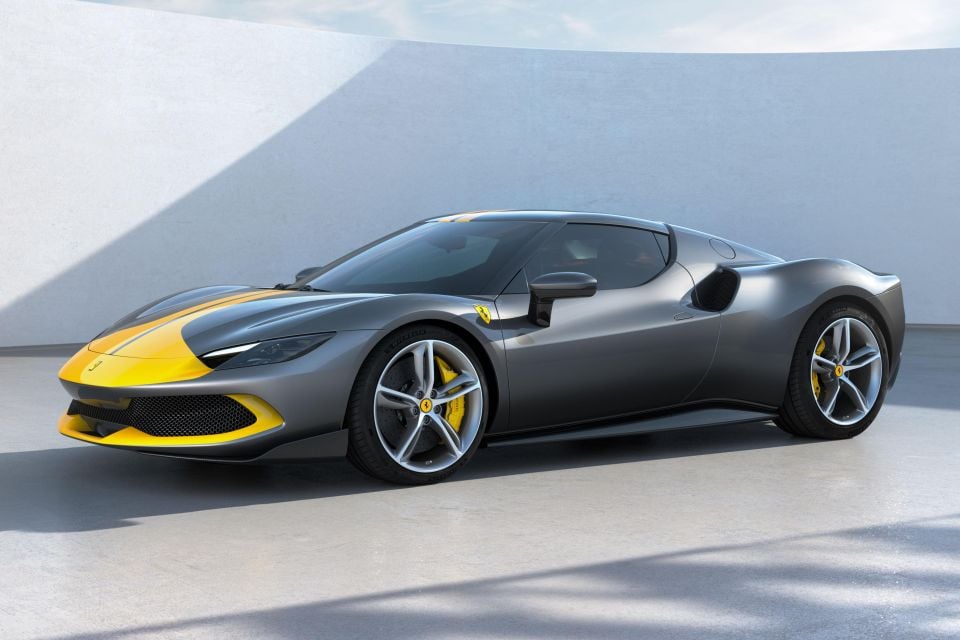
Even brands backed by automotive giants will face financial pressures in this new age. In July the Volkswagen Group placed Bugatti under the control of Rimac with financial support coming from Porsche.
Italy’s supercar firms are slowly embracing electrification.
Ferrari unveiled the mainstream 296 GTB plug-in hybrid V6 in June this year, and moved the launch date of its first EV forward to 2025.
Lamborghini is working on an electrified V12 drivetrain for its Aventador replacement, and is prepping its first fully electric model for an unveiling in the second half of the decade.
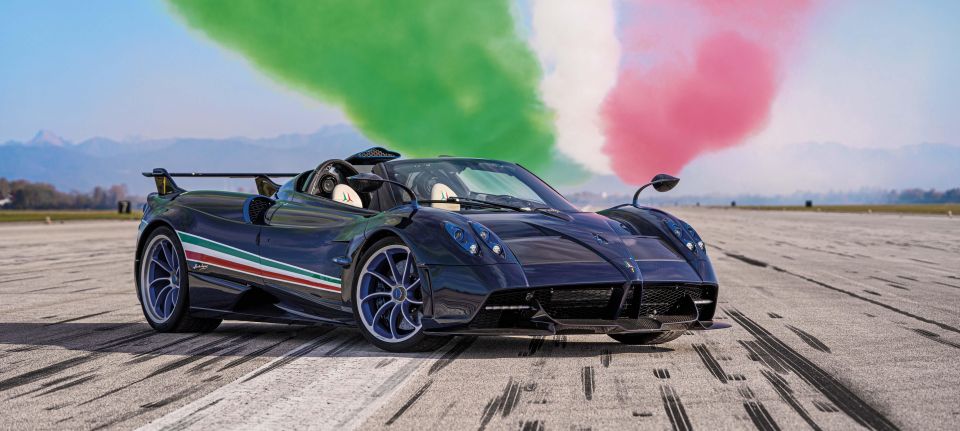
Meanwhile Saudi Arabia’s sovereign wealth fund bought a 30 per cent stake in Pagani to help it fund development of new drivetrain technologies.
Elsewhere in Europe, Lotus will become an all-EV brand when the Emira exits production around 2030, and Aston Martin’s road-car range will be electric only from 2030 with petrol-powered vehicles only available for track use.
MORE: Europe plans to ban petrol, diesel and hybrid new cars from 2035 MORE: Which brands are going fully electric and by when?
Derek Fung would love to tell you about his multiple degrees, but he's too busy writing up some news right now. In his spare time Derek loves chasing automotive rabbits down the hole. Based in New York, New York, Derek loves to travel and is very much a window not an aisle person.


William Stopford
12 Hours Ago
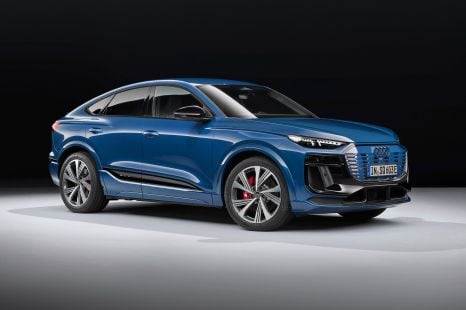

William Stopford
12 Hours Ago
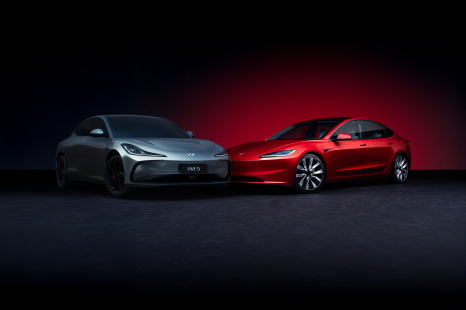

Andrew Maclean
13 Hours Ago
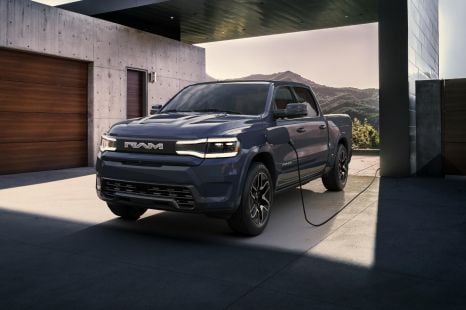

Derek Fung
13 Hours Ago
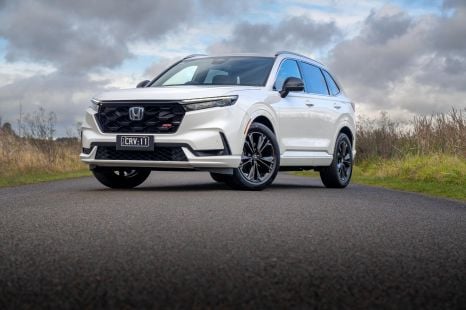

Andrew Maclean
13 Hours Ago
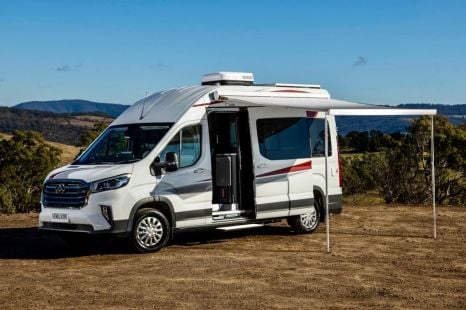

Ben Zachariah
1 Day Ago